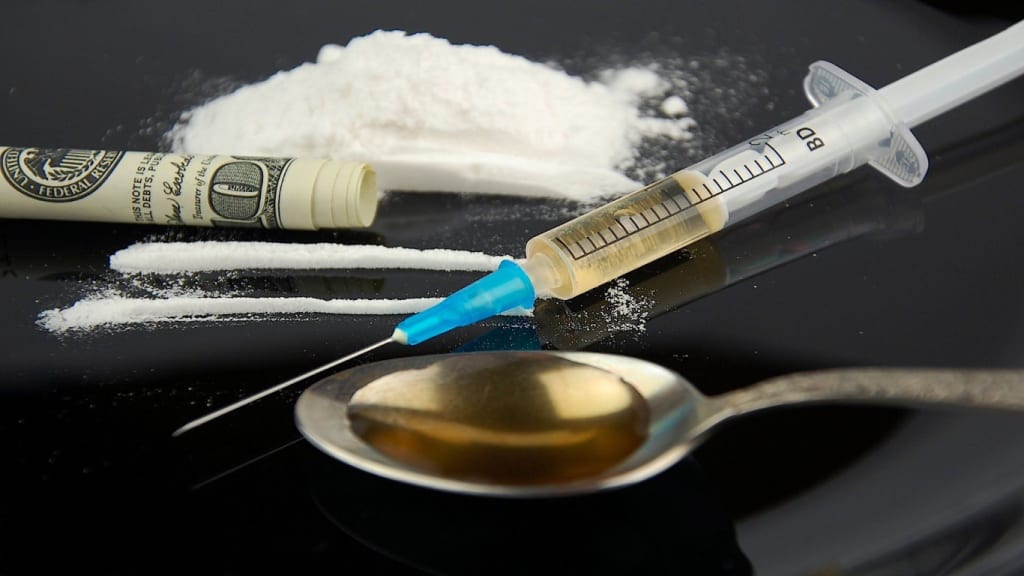Illegal Oil Refining Labs Fueling Colombia's Cocaine Trade: A Persistent Challenge
A Deep Dive into Colombia's Struggle against Illegal Oil Refining Labs and Their Role in Fueling the Cocaine Trade

Colombia, known as the world's leading producer of cocaine, continues to grapple with a significant issue that fuels the drug trade: illegal oil refining labs. These labs, operated by local individuals who pilfer crude oil from nearby pipelines, convert it into low-quality fuel, a key ingredient in the production of cocaine. Despite the country's longstanding efforts to combat drug production, these illicit operations persist, prompting the government to intensify its crackdown on the entire cocaine production cycle, including targeting illegal oil refineries. However, this endeavor presents formidable challenges, both in terms of the risks faced by locals engaged in these activities and the dangers encountered by Colombian law enforcement during lab raids.
The Nexus of Illegal Oil Refineries and the Cocaine Trade:
The correlation between illegal oil refining labs and the cocaine trade in Colombia is undeniable. Operated by locals seeking economic opportunities, these labs extract crude oil from pipelines and transform it into low-quality gasoline, commonly referred to as "patigrillo." This low-grade fuel plays a crucial role in the cocaine production process, attracting demand due to its affordability. Consequently, many coca farmers utilize patigrillo to create a paste that serves as the foundation for cocaine production.
Motivations and Perils of Engaging in Illicit Oil Refining:
Economic necessity serves as a driving force behind locals risking their lives in these illegal industries. The lure of higher wages compared to the minimum wage incentivizes their involvement. However, these endeavors come with significant dangers. The absence of safety protocols in these labs contributes to frequent accidents, resulting in severe burns, injuries, and, in some cases, fatalities. Moreover, the refining process releases toxic gases that harm the environment and pose threats to wildlife and ecosystems.
Government Crackdown and Law Enforcement Challenges:
To combat the proliferation of illegal oil refining labs, specialized police forces, like Jorge Moreno's team, collaborate with the Colombian armed forces. Equipped with extensive research and utilizing the aid of the National Police's app, these teams venture into the jungle to locate and destroy the labs. However, the transient nature of these operations often leads to abandoned labs or prompt reconstruction, presenting an ongoing challenge for law enforcement. The dense jungle terrain also renders helicopter assistance impractical, compelling authorities to resort to controlled explosions for lab destruction, which further contributes to environmental pollution.
Complex Factors and the Way Forward:
Colombia's fight against illegal refineries represents a crucial aspect of its broader strategy to combat the cocaine trade and dismantle drug cartels. However, the multifaceted nature of this issue necessitates a comprehensive approach. Economic factors, including limited alternative livelihoods for locals and the persistent demand for cocaine, contribute to the endurance of these illicit operations. The Colombian government's crop substitution program, designed to provide viable alternatives for coca farmers, has faced challenges in implementation, raising concerns about its efficacy.
The ongoing debate regarding the legalization of cocaine in Colombia adds another layer of complexity to the situation. Advocates argue that legalization could lead to industry regulation, redirect resources towards harm reduction, and address public health concerns. However, the United States, Colombia's primary partner in the war on drugs, remains opposed to this approach. The U.S. has actively supported counter-narcotic operations in Colombia, aiding in the seizure of drugs and dismantling drug labs.
Conclusion:
The existence of illegal oil refining labs continues to contribute to Colombia's cocaine trade, necessitating persistent government efforts to eradicate them. The interconnected challenges of economic motivations, the ease of lab reconstruction, and the environmental impact of destruction require a comprehensive strategy. The government's ongoing crackdown on these labs, along with alternative livelihood initiatives for coca farmers, aims to address the root causes of the issue. However, achieving significant progress in this ongoing battle against illegal oil refining remains a complex and formidable task.
About the Creator
Enjoyed the story? Support the Creator.
Subscribe for free to receive all their stories in your feed. You could also pledge your support or give them a one-off tip, letting them know you appreciate their work.






Comments
There are no comments for this story
Be the first to respond and start the conversation.